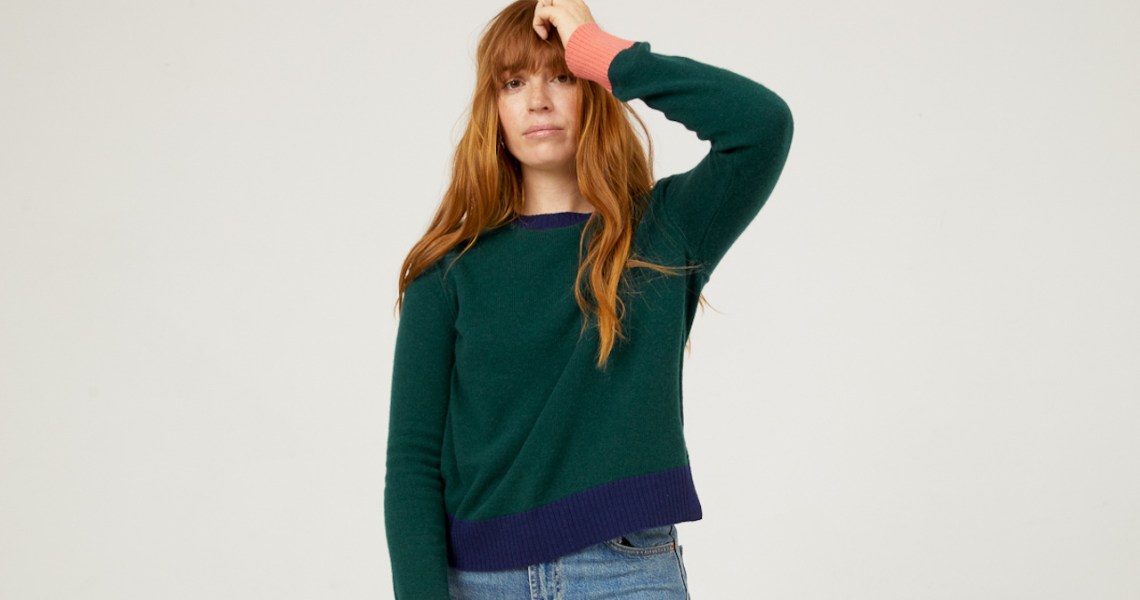After working in fast fashion for over seven years, including as head of e-commerce apparel at Charlotte Russe, Margaret Coblentz wanted a big change.
“I learned a lot about e-commerce and a lot of fashion, but fundamentally, it wasn’t a business model that really resonated with me. It wasn’t something that I felt really good about being part of,” she said. “It’s important to align with what you think is important in the world. That includes social justice, paying people a living wage and treating them well. In fast fashion, that gets ignored — but if something costs $1.25, you have to really wonder what’s being produced.”
After leaving the Charlotte Russe in 2016, Coblentz started searching for smaller brands to work with, aiming for those focused on sustainability.
“When I talk to a lot of executives who come out of fast fashion, or fashion apparel in general, about what they want to do next, so many of them say that whatever they do, they want to be in a mission-driven, purpose-driven business. I will sometimes approach them with roles that don’t fall into that category, and they will categorically say no,” said Lindsay Stevens, vp at executive search firm Kirk Palmer Associates. “There’s also a big business opportunity [in sustainable fashion] because the consumer is demanding that kind of accountability from the brands they shop from.”
The trend of fast-fashion executives leaving the industry in favor of working with more mission-driven and purposeful ones comes at a time when fast-fashion companies are under fire for contributing to the 85% of textiles that end up in landfills, per the United Nations. As a means of righting ship, many companies, from H&M to Zara, have announced sustainability goals centered on reducing waste.
Ultimately, Coblentz decided to launch her own brand, Frances Austen, in September 2017. The product is made from Italian-spun Cariaggi cashmere yarn and manufactured by Scottish cashmere manufacturer Johnston’s of Elgin, plus it’s 100% biodegradable. Unlike fast fashion, all Frances Austen garments are designed to be long-lasting and recyclable.
One of the biggest differences between working in fast fashion and running a sustainably minded company is working with a smaller number of more trusted manufacturing partners and factories, said Coblentz.
Ad position: web_incontent_pos1
“The number of factories you might work with in fast fashion is almost infinite, and there aren’t controls over the way you might have when you’re working with a specialty retailer, where you really know the factories that make every single one of your products. In fast fashion, the factories are so much more dispersed, and there are many more middle players in the market. Now, having that supply chain visibility, it drives so much more value for my brand,” said Coblentz .
Year over year, the brand’s sales have grown 40%, down about 10% from the brand’s first year in business. The company, which operates on a seasonal drop model also does not take any outside money to help with growth.
“My strategy is sticking to really low, slow growth. For me, 40% growth is great as we move toward profitability, but what matters to me is sustainable response in growth,” she said. So far, the brand has focused on promoting the brand’s sustainability through a combination of Instagram, pop-up stores and partnerships with DTC-focused co-branded spaces, like Batch in San Francisco. A mix of online and IRL marketing will continue to be a focus for the brand moving forward.




